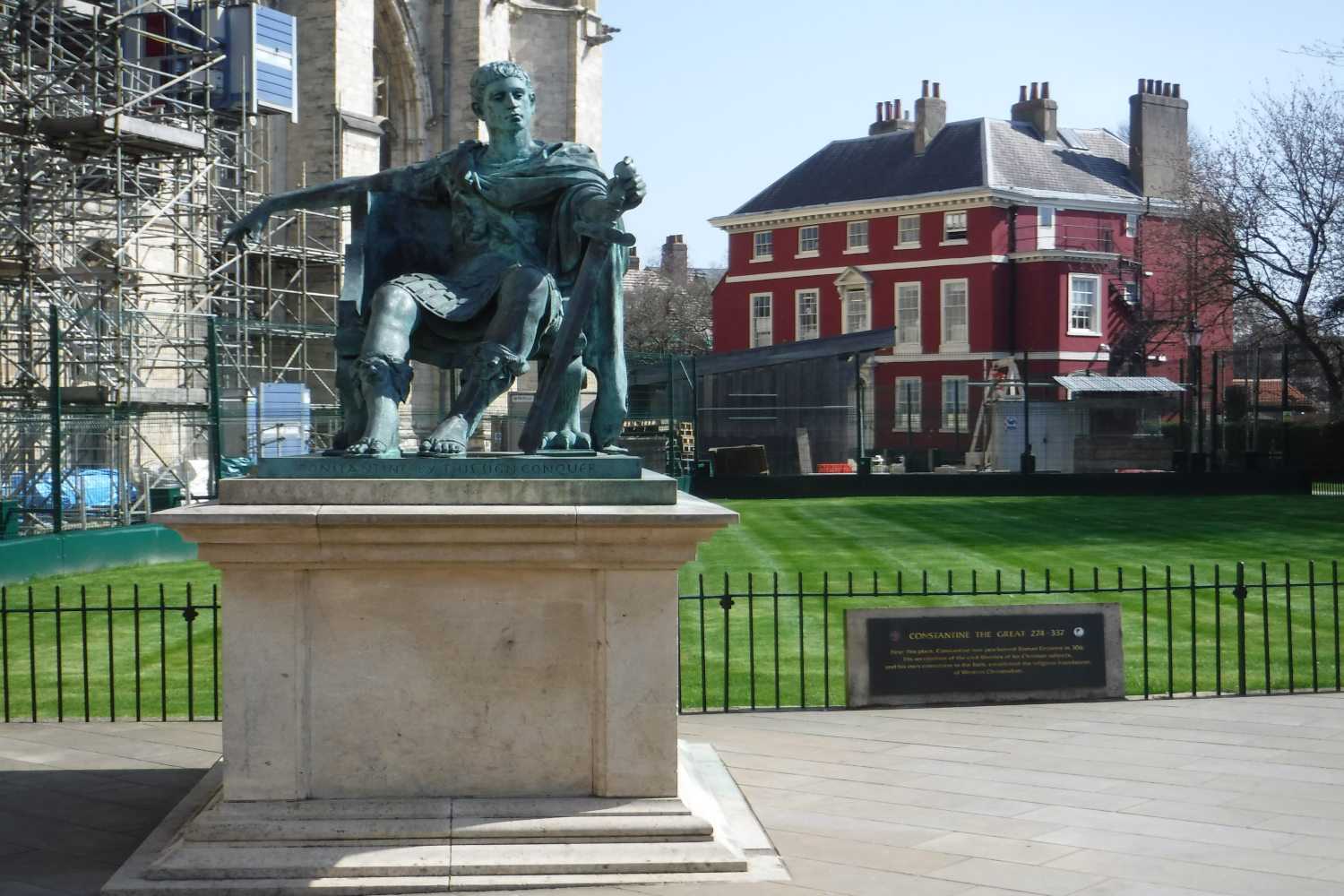The First Seven Ecumenical Councils
In the history of Christianity, the first seven ecumenical councils, include the following: the First Council of Nicaea in 325, the First Council of Constantinople in 381, the Council of Ephesus in 431, the Council of Chalcedon in 451, the Second Council of Constantinople in 553, the Third Council of Constantinople from 680–681 and finally, the Second Council of Nicaea in 787. The Council of Jerusalem, circa 50 AD, has been included here as a first prototype of the ecumenical councils.
These seven events represented an attempt by Church leaders to reach an orthodox consensus, restore peace and develop a unified Christendom. Eastern Orthodox Christians, Oriental Orthodox Christians, the Church of the East, Anglicans, Old Catholic, and Roman Catholics, all trace the legitimacy of their clergy by apostolic succession back to this period and beyond, to the earlier period referred to as Early Christianity.
This era begins with the First Council of Nicaea, which enunciated the Nicene Creed that in its original form and as modified by the First Council of Constantinople of 381 was seen by all later councils as the touchstone of orthodoxy on the doctrine of the Trinity.
The Eastern Orthodox Church and the Catholic Church accept all seven of these councils as legitimate ecumenical councils. The Oriental Orthodox Churches accept only the first three, while the Church of the East accepts only the first two. There is also one additional council (the Quinisext Council), which was held between the sixth and seventh ecumenical councils (in AD 692), and which issued organizational, liturgical and canonical rules but did not discuss theology. It is accepted as ecumenical by the Eastern Orthodox Church alone, however the Eastern Orthodox do not give it a number, but rather count it as a continuation of the sixth council. The Catholic Church does not accept the Quinisext Council, but it considers that there have been many more ecumenical councils after the first seven
381 AD
First Council of Constantinople (Church of Hagia Irene)
Tickerdaze
"This council, confirmed and expanded the Nicene Creed, to give us the Niceno-Constantinopolitan Creed, condemned Arianism outright and dealt with sundry other matters."
553 AD
Second Council of Constantinople (Imperial Palace, Istanbul)
" Emperor Justinian I issued an edict in which the three chapters were anathematized, in hope of encouraging the Oriental Orthodox to accept the decisions of the Council of Chalcedon"
A POEM
Kubla Khan
Istanbul Airport - looking up
"In Xanadu did Kubla Khan a stately pleasure done decree... by Samuel Taylor Coleridge"









